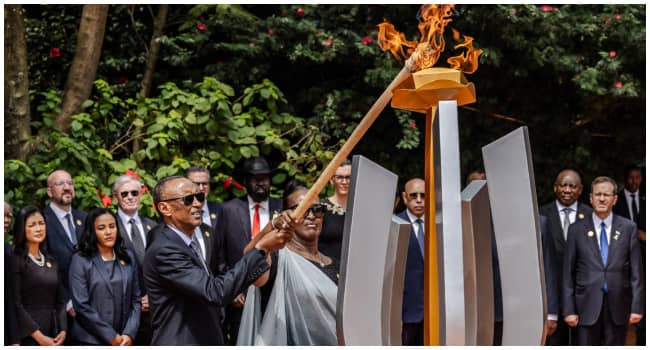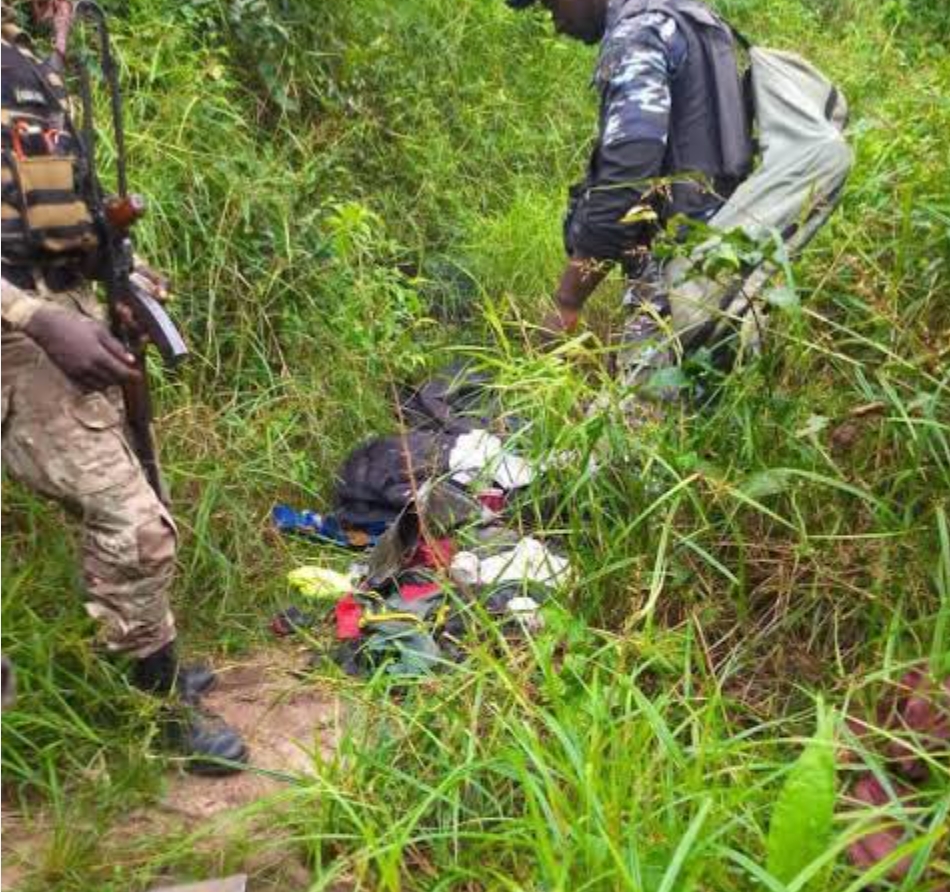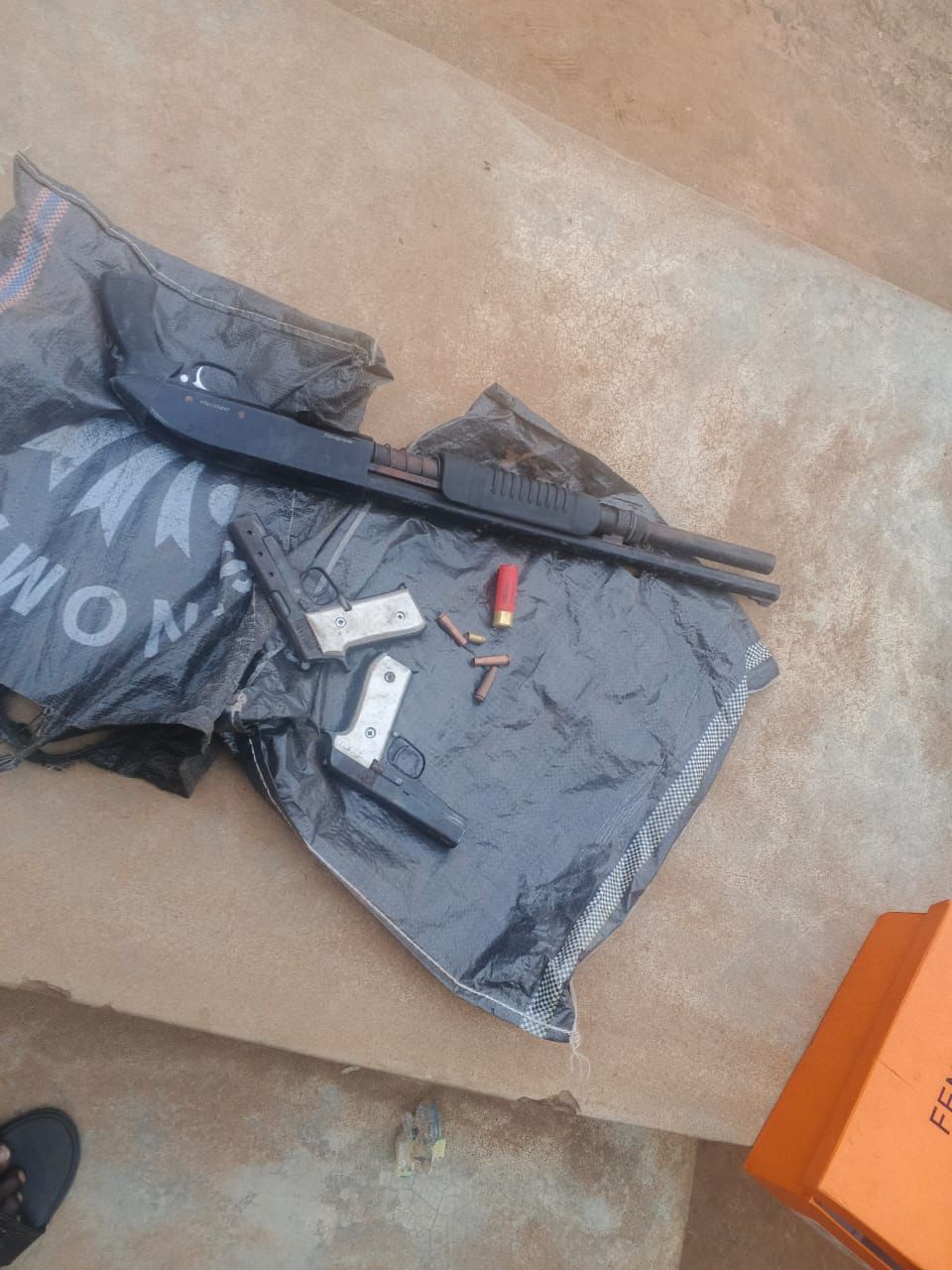It’s been thirty since the Rwandan genocide which claimed nearly a million lives in about 100 days
To mark the event, Rwanda on Sunday paid solemn tribute to genocide victims, after a vicious campaign orchestrated by Hutu extremists tore apart the country, as neighbours turned on each other in one of the bloodiest massacres of the 20th century.
The killing spree, which lasted 100 days before the Rwandan Patriotic Front (RPF) rebel militia took Kigali in July 1994, claimed the lives of 800,000 people, largely Tutsis but also moderate Hutus.
The tiny nation has since found its footing under the iron-fisted rule of President Paul Kagame, who led the RPF, but the scars of the violence remain
In keeping with tradition, the ceremonies on April 7 — the day Hutu militias unleashed the carnage in 1994 — began with Kagame lighting a remembrance flame at the Kigali Genocide Memorial, where more than 250,000 victims are believed to be buried.
As an army band played mournful melodies, Kagame placed wreaths on the mass graves, flanked by foreign dignitaries including several African heads of state and former US president Bill Clinton, who had called the genocide the biggest failure of his administration.
The international community’s failure to intervene has been a cause of lingering shame, with French President Emmanuel Macron expected to release a message on Sunday saying that France and its Western and African allies “could have stopped” the bloodshed but lacked the will to do so.
Kagame will also give a speech at a 10,000-seat arena in the capital, where Rwandans will later hold a candlelight vigil for those killed in the slaughter.
Sunday’s events mark the start of a week of national mourning, with Rwanda effectively coming to a standstill and national flags flown at half-mast.
Music will not be allowed in public places or on the radio, while sports events and movies are banned from TV broadcasts unless connected to what has been dubbed “Kwibuka (Remembrance) 30”.
The United Nations and the African Union will also hold remembrance ceremonies.
The assassination of Hutu President Juvenal Habyarimana on the night of April 6, when his plane was shot down over Kigali, triggered the rampage by Hutu extremists and the “Interahamwe” militia.
Their victims were shot, beaten or hacked to death in killings fuelled by vicious anti-Tutsi propaganda broadcast on TV and radio. At least 250,000 women were raped
In 2002, Rwanda set up community tribunals where victims heard “confessions” from those who had persecuted them, although rights watchdogs said the system also resulted in miscarriages of justice.
Today, Rwandan ID cards do not mention whether a person is Hutu or Tutsi
Flags To Fly At Half Mast As Rwanda Marks 30 Years Since Genocide




